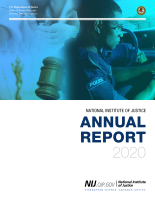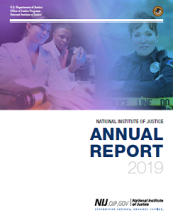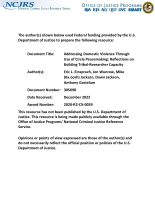Addressing Domestic Violence through Circle Peacemaking in Kake, Alaska: Reflections on Building Tribal-Researcher Capacity
Journal
The Northern Review
Date Published
April 2024
Agencies
NIJ-Sponsored
Publication Type
Research (Applied/Empirical)






